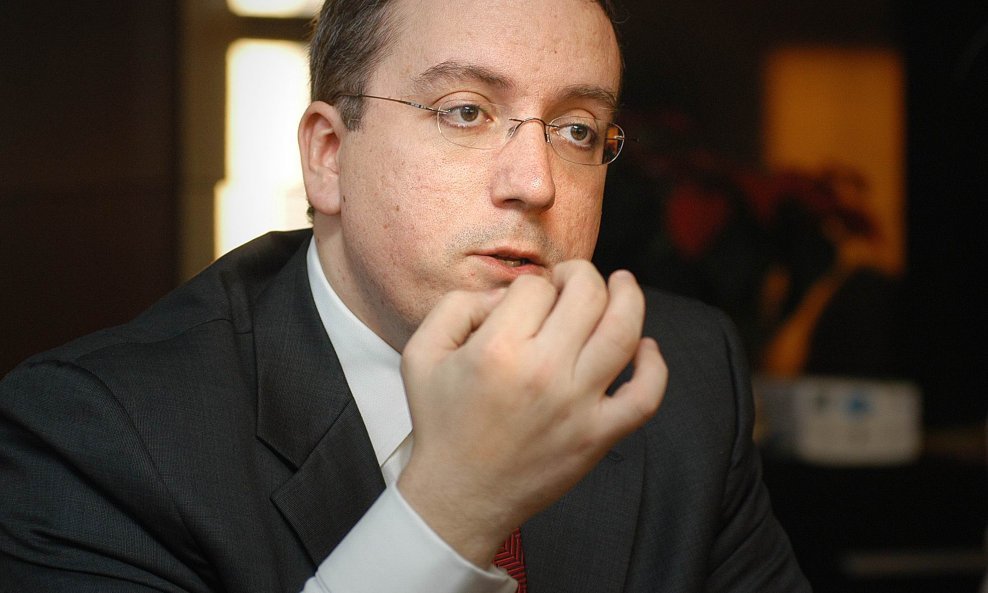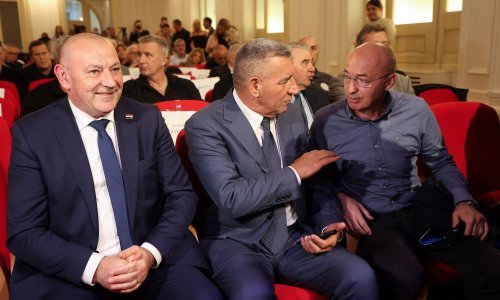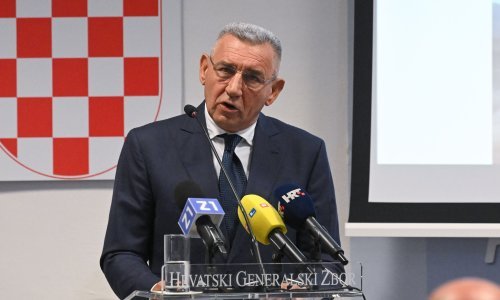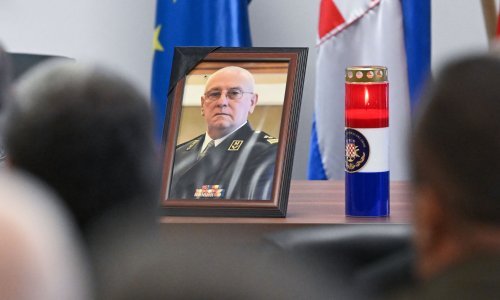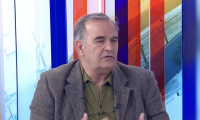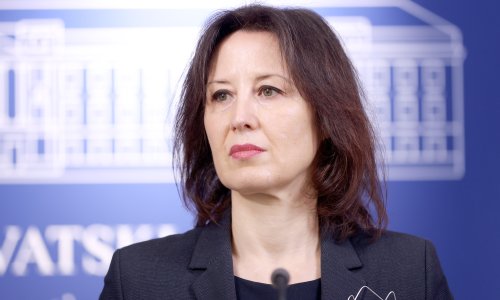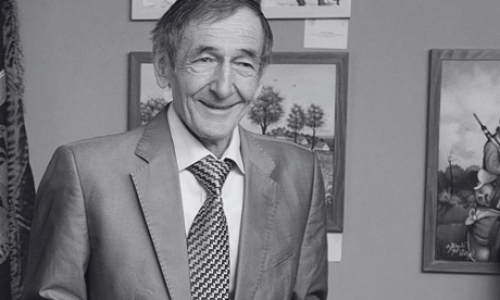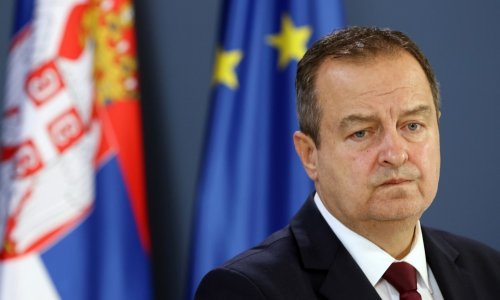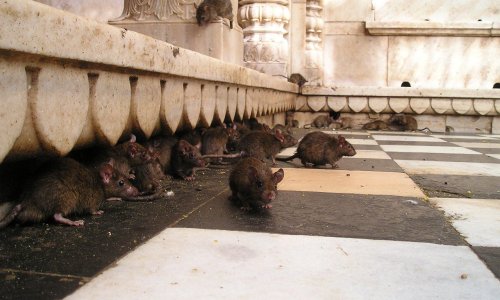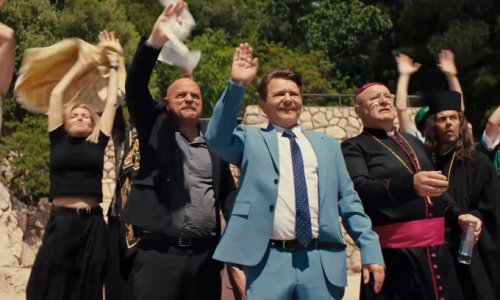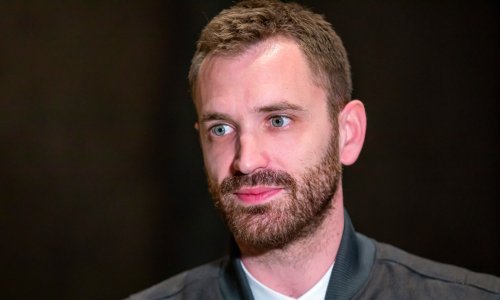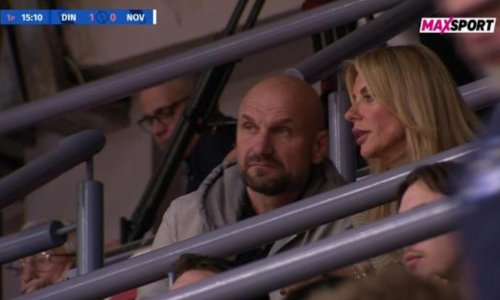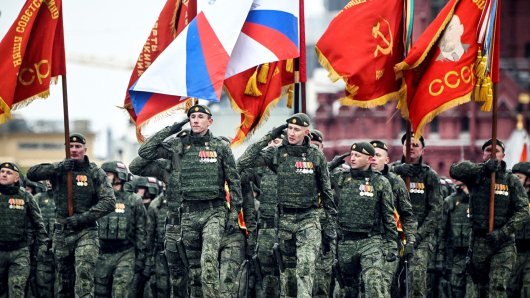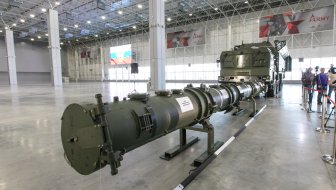The prosecution in the Gotovina, Cermak and Markac case took on the role of the Devil's advocate, attorney Luka Misetic, who represents General Ante Gotovina, said in his closing argument before the International Criminal Tribunal for the former Yugoslavia (ICTY) in The Hague on Monday.
The prosecution was playing a role similar to that of the Devil's advocate in a canonisation process, being skeptical of General Gotovina, looking for holes in evidence indicating his innocence and claiming that the good things he did to prevent crimes were fake, said Misetic.
Our interpretation of the evidence is the simplest possible, like Occam's razor, while the prosecution has only offered conspiracy theories, Misetic said, calling on the trial chamber to acquit his client.
When you read the prosecution's final submission, you can't believe your eyes because nothing is as it seems to be, Misetic said.
He went on to say that 11 years after the Croatian army and police operation Storm ICTY prosecutors saw ethnic cleansing caused by indiscriminate shelling, which nobody else could see.
No Serb civilian has told the media or humanitarian organisations that they fled because of the shelling, Misetic said, citing the example of Sarajevo, where he said civilians described their departure as having been caused by the shelling of the city.
Croatian Serb leader Mile Martic cited as the reason for the evacuation of Serb civilians the danger of being encircled, not the shelling, and General Mile Mrksic said the purpose of the evacuation was to prevent civilians from being encircled. He didn't notice ethnic cleansing either, said Misetic.
In his testimony, General Mrksic said that he believed the shells were laser-guided, UN officials too did not establish in their investigations that the area liberated in Operation Storm was ethnically cleansed by shelling, and neither did the then US Ambassador Peter Galbraith, the attorney said.
In a report to the UN Security Council in late August 1995, the UN Secretary-General did not mention ethnic cleansing by shelling, he added.
Defence counsel for Gotovina will continue presenting their closing argument on Tuesday. Before they started presenting their closing argument today, the prosecution completed their closing argument.
Prosecutor Katrina Gustafson said that it had been proven that General Gotovina had effective control over his forces and that he failed to take reasonable and appropriate measures to ensure discipline, prevent crimes and punish the perpetrators.
Prosecutor Ryan Carrier said that the powers of General Ivan Cermak exceeded by far the powers formally exercised by the commander of the Knin Garrison and that they were the result of the fact that he was one of the people in whom the then Croatian President Franjo Tudjman had great confidence.
He used his position to enable the ethnic cleansing of Serbs by making sure that crimes were not prosecuted, and he made possible the change of the population structure by enabling the settling of Croats, Carrier said.
He went on to say that Cermak also obstructed activities by representatives of the international community and took part in covering up crimes.
The core of his responsibility is that he took no action regarding the crimes he had been informed of by representatives of the international community, the prosecutor said.
Prosecutor Prashanthi Mahindaratne, who spoke about the responsibility of General Mladen Markac, said that his participation in the joint criminal enterprise was evidenced by the Brijuni transcripts. Markac was personally on the ground at the time when the crimes were committed or immediately after their commission, and he took part in covering them up, the prosecutor said, adding that Markac had effective control over his forces but failed to punish them for the crimes committed.



